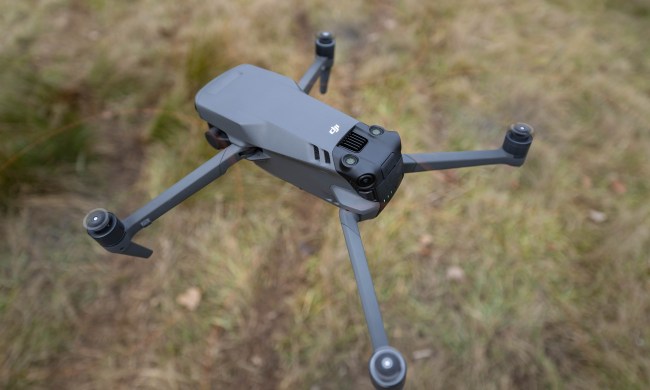After a rough relationship over the past year, the U.S. Justice Department announced criminal charges against Chinese telecommunications company Huawei. The government filed a number of charges against the company, including charges of bank and wire fraud, obstruction of justice, and theft of technology from T-Mobile. The charges are being filed against the company itself, and against its chief financial officer, Meng Wanzhou.
The charges have partly been announced in an effort to extradite Meng from Canada, where she was arrested in December at the request of the U.S. government. She’s currently staying at one of her family’s homes in Vancouver and is awaiting a decision from a Canadian court as to whether she will be extradited to the U.S.
U.S. authorities also accused Meng of misleading a global bank regarding Huawei’s links to a company that reportedly operated as a subsidiary to business in Iran, which violates sanctions. Meng says she is innocent.
Huawei is also being accused of theft of technology from T-Mobile. In this case, Huawei employees reportedly misappropriated technology from a T-Mobile lab in Washington state. The tech, called “Tappy,” was used to test smartphones, and while Huawei contested the case, it did say that two employees acted improperly in the lab. T-Mobile initially sought $500 million in damages but was awarded $4.8 million in May 2017.
Because of the strained relationship between the U.S. and Huawei, the government is trying to prevent American companies from buying Huawei routers and is asking allies to do the same. According to the government, Huawei is a national security risk and its tech could be spying on the United States. Congress is also reportedly considering legislation against Huawei, which may limit how U.S. companies could use tech from Huawei and could event prevent consumers from using Huawei devices.
The case comes at a time of tension between the U.S. and China, especially when it comes to trade. Despite that, U.S. commerce secretary Wilbur Ross said that the charges against Huawei were separate from trade negotiations.
It’s unclear what the next steps are for the case, though that will likely depend on whether or not Canada agrees to extradite Meng to the U.S.
We’ll update this story as we hear more.



